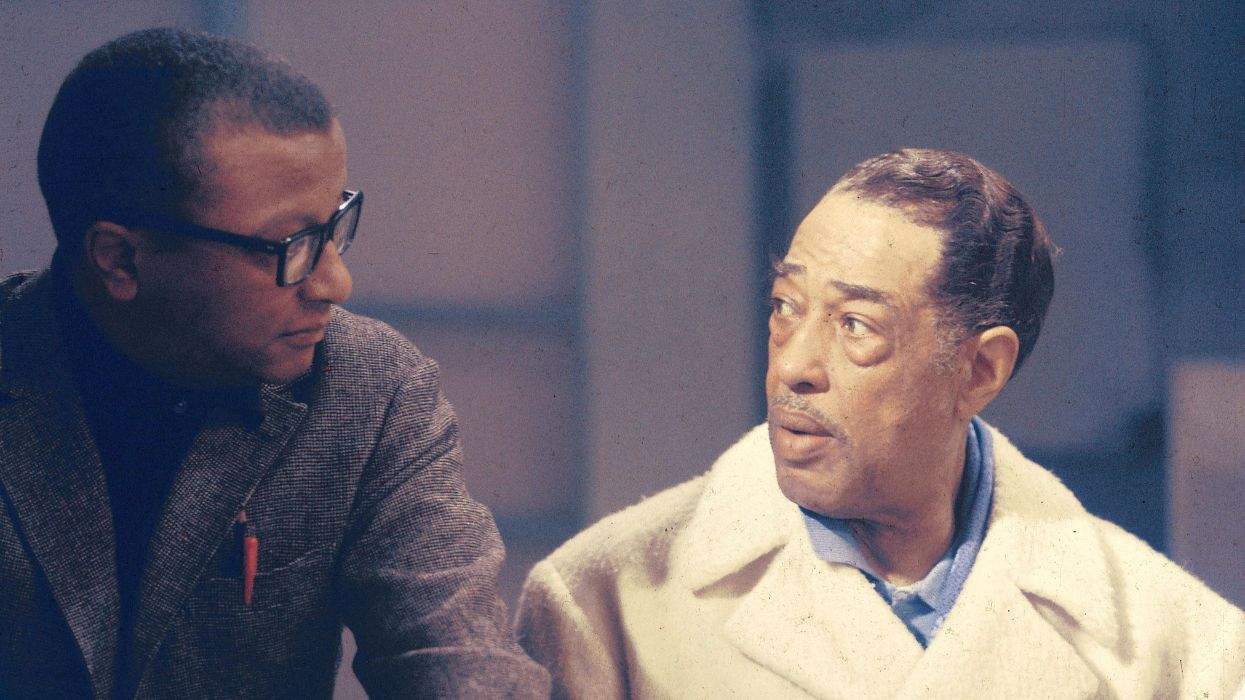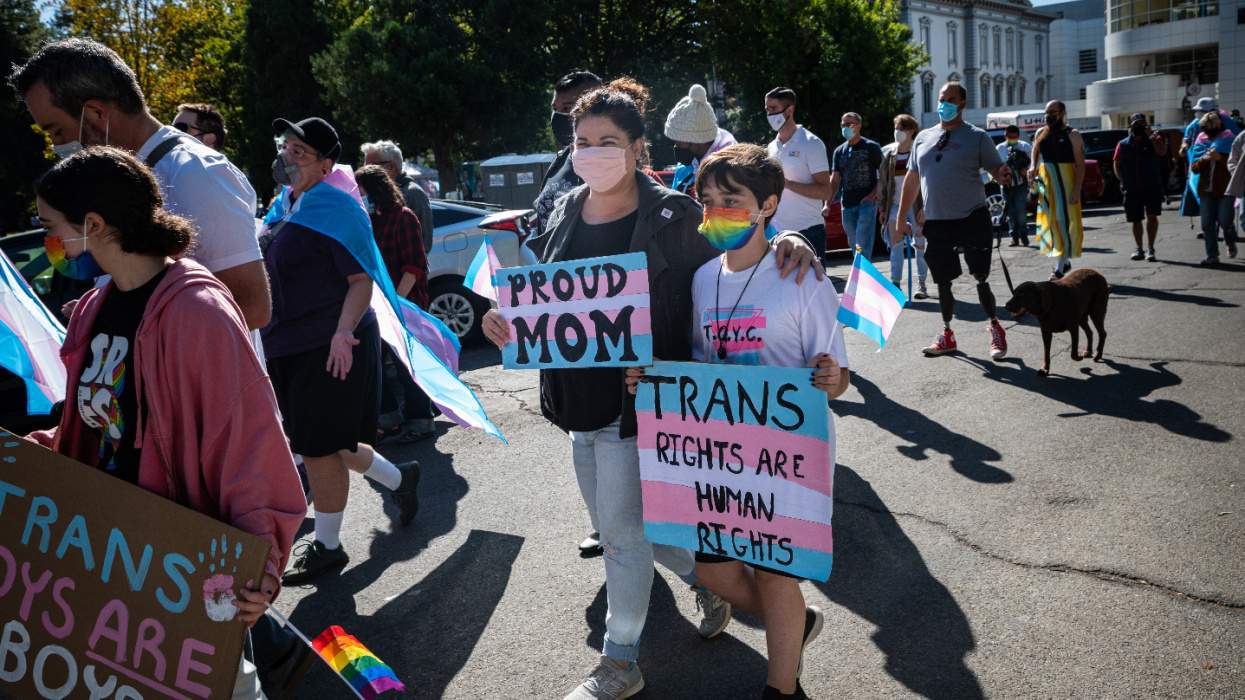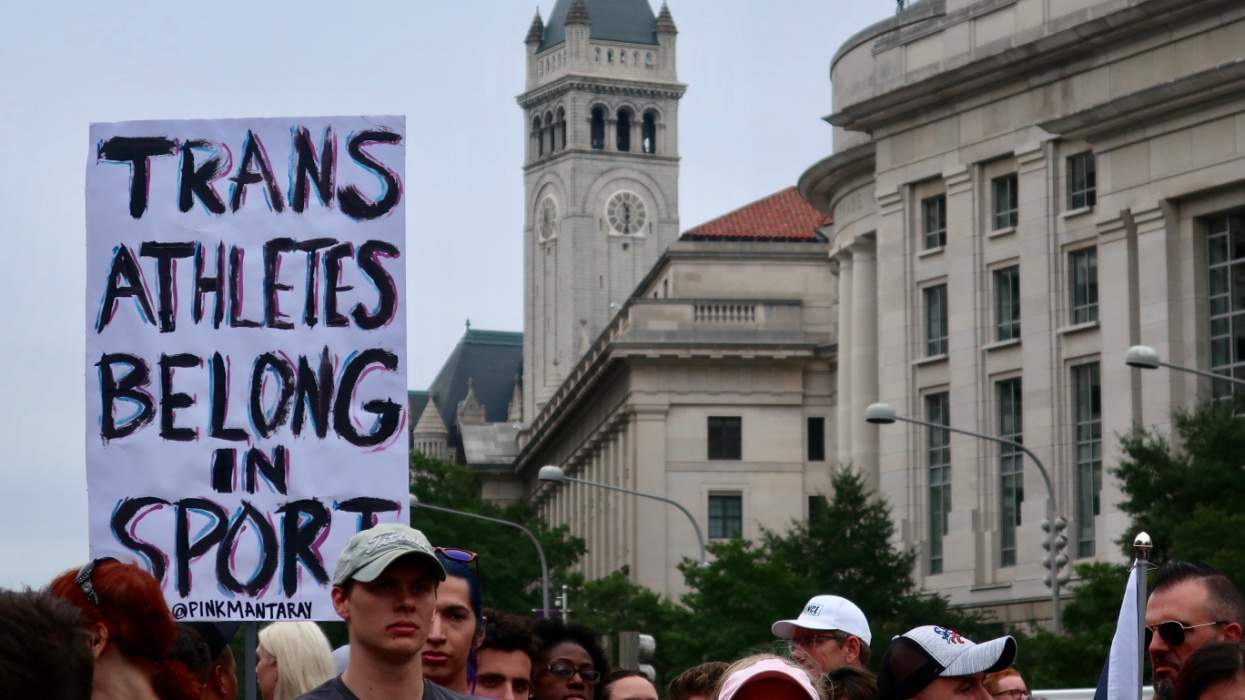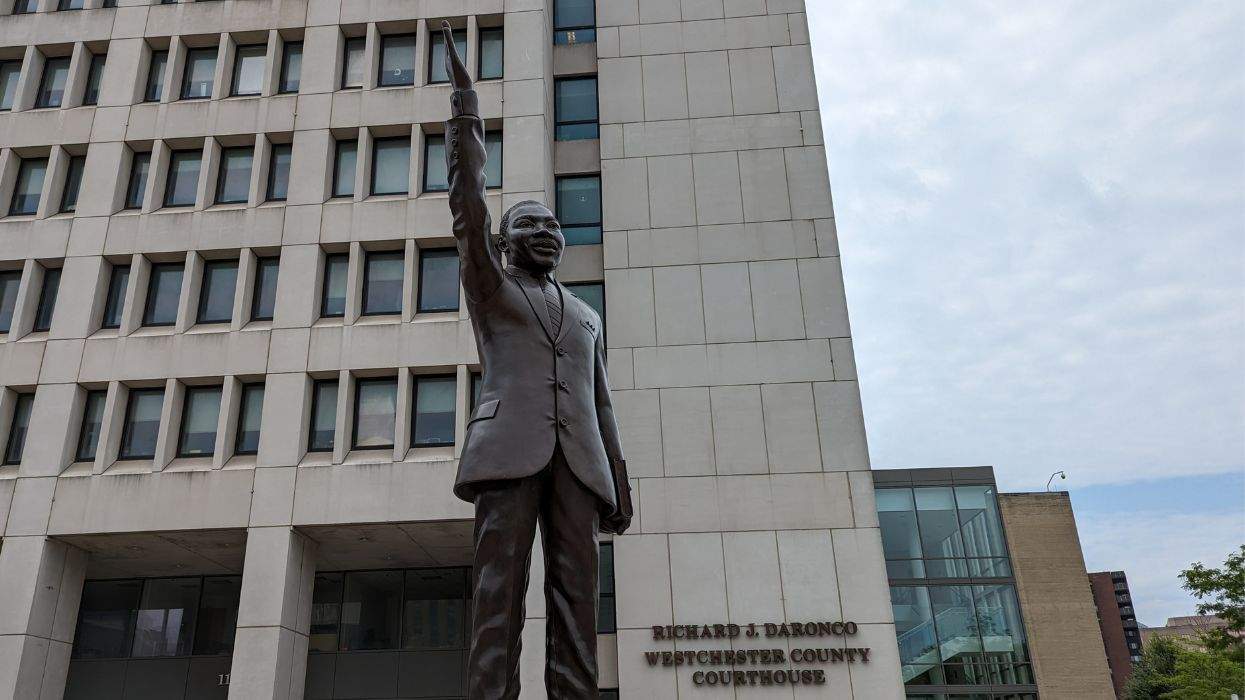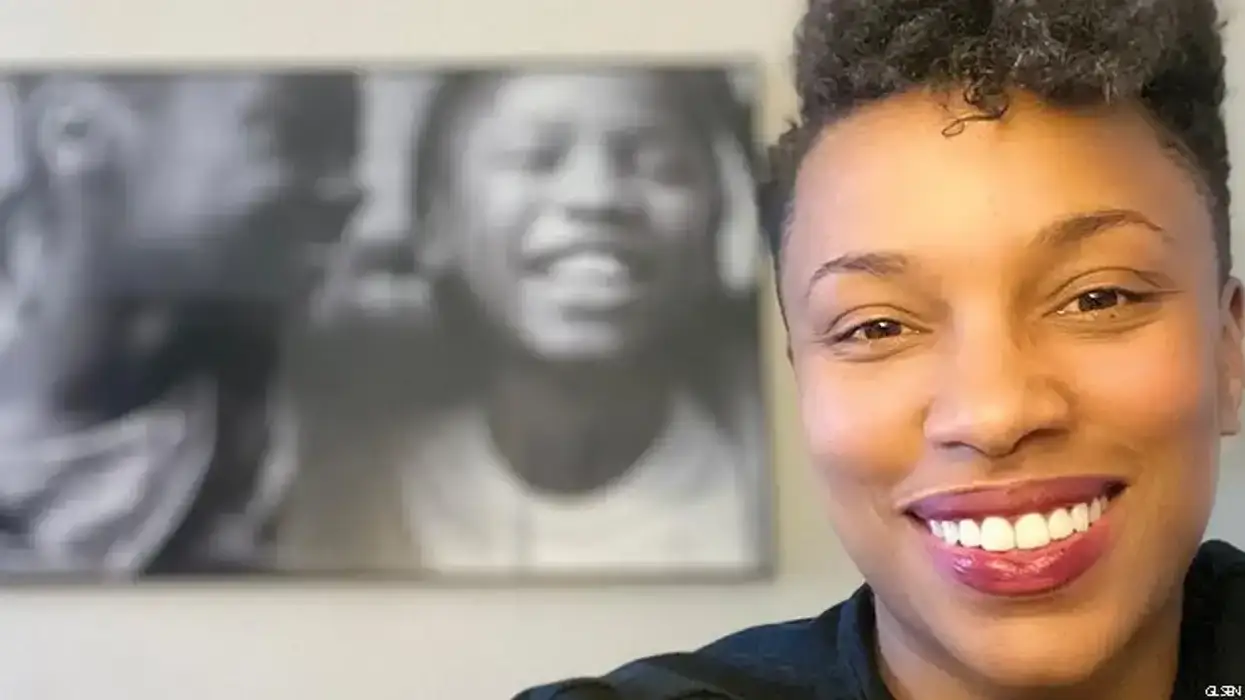Wearing a short skirt and high heels while standing outside. Being a woman with an Adam's apple or big hands and feet. Waving at a car. Or just walking home from a subway stop or grocery store.
Those are among the things that could get a person arrested under New York State's law against "loitering for the purpose of prostitution," especially transgender women who are Black or Latinx -- hence the statute's nickname as the "walking while trans" law.
Adopted in 1976, this portion of the state's penal code has now been repealed, and the records of those convicted under it sealed, so they will not be publicly available in most cases. Gov. Andrew Cuomo signed the repeal bill into law Tuesday.
"COVID exposed low tide in America and the 'walking while trans' policy is one example of the ugly undercurrents of injustices that transgender New Yorkers -- especially those of color -- face simply for walking down the street," Cuomo said in a press release. "For too long trans people have been unfairly targeted and disproportionately policed for innocent, lawful conduct based solely on their appearance. Repealing the archaic 'walking while trans' ban is a critical step toward reforming our policing system and reducing the harassment and criminalization transgender people face simply for being themselves. New York has always led the nation on LGBTQ rights, and we will continue that fight until we achieve true equality for all."
Norma Ureiro, a trans Latina activist, described the law as "sexist, racist and transphobic." In the governor's release, she noted, "Once, my boyfriend and I were arrested under the penal code ... for simply walking together and holding hands, and until this day I still carry the scars and fears of the interaction with the police and the unjust arrest. But today I am excited that we will be able to provide protection to future generations of transgender women, reduce the interactions with police and violence against trans women of color."
New York City's Legal Aid Society has represented numerous women who were arrested under the law, including some who were "assumed to be loitering for prostitution because they were wearing a 'short dress,' 'a skirt and high heels,' 'tight black pants,' or 'a black dress,'" according to a press release from the group. "Women were also targeted for standing outside, speaking to one another, or walking from a subway or grocery store back to their residence."
A memo from the repeal legislation's sponsor, Sen. Brad Hoylman, notes that in enforcing the antiloitering law, "Officers have expressly warned transgender women that 'girls like them' would be arrested if they were seen outside after midnight. One officer, when asked how he was trained to identify prostitutes, testified that he was trained to look for women with Adams apples, big hands and big feet." Most of the women arrested under the law were Black or Latinx.
In response to a Legal Aid Society lawsuit, the New York Police Department in 2019 revised a guide for officers to bar them from using "gender, gender identity, clothing, and location" as probable cause for arrest under the law, and added that a history of arrests for sex work was not sufficient to establish probable cause either.
"A few years ago, the NYPD stopped a bus I was riding on, removed me from it, and arrested me for loitering for the purposes of prostitution," Sarah Marchando, who has been a plaintiff in Legal Aid Society litigation, said in the group's release. "I was neither loitering, nor doing anything for the purpose of prostitution, but I was roughed up, arrested and put through the system. This happened to me because the officers recognized me as a sex worker who they had arrested before. This repeal will allow women to be who they are without their past coming to haunt them. It will give people the freedom to wear what they want, walk where they want, and be who they are, without fear of being judged or ridiculed. Expungement of convictions will change the lives of many people. I will be able to apply for things like apartments or jobs without being judged because of my past."
Many district attorneys around the state had ceased enforcing the law, but its repeal is still significant, LGBTQ+ and other civil rights advocates said. Richard Saenz, senior staff attorney and criminal justice and police misconduct strategist with Lambda Legal, released this statement: "This repeal is a call for justice. It is a significant step to address violence perpetuated against transgender women and women of color by the state. The repeal eliminates a discriminatory law that has been used by police officers as a 'stop-and-frisk' to profile, stop, search, harass, and arrest LGBTQ and gender -nonconforming people based on their clothing or appearance. It will remove an overbroad, racist and discriminatory law which is used to target and criminalize marginalized women -- specifically and disproportionately transgender women of color. Lambda Legal wants to recognize the extraordinary leadership and advocacy work by transgender women of color, the Walking While Trans coalition, community members, and organizers to achieve this moment."
Human Rights Campaign President Alphonso David added, "After years of fighting alongside partners and advocates to end what has become stop-and-frisk for transgender women of color ... the 'Walking While Trans' era is finally over. Thanks to the swift action by Governor Cuomo, transgender New Yorkers can no longer be profiled and arrested for doing nothing more than standing or walking on the street."

